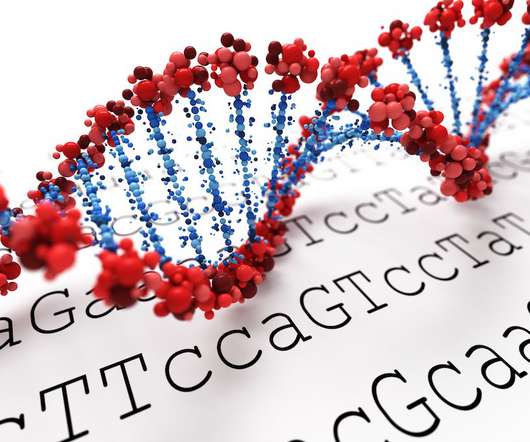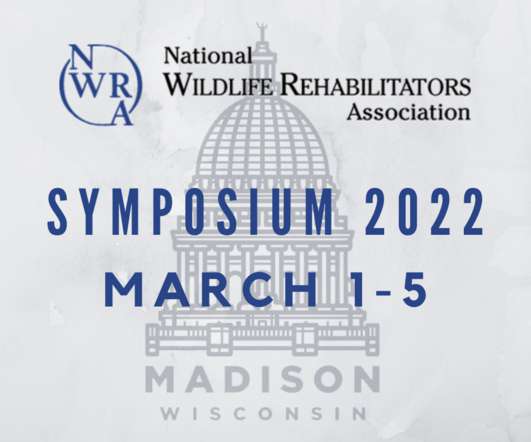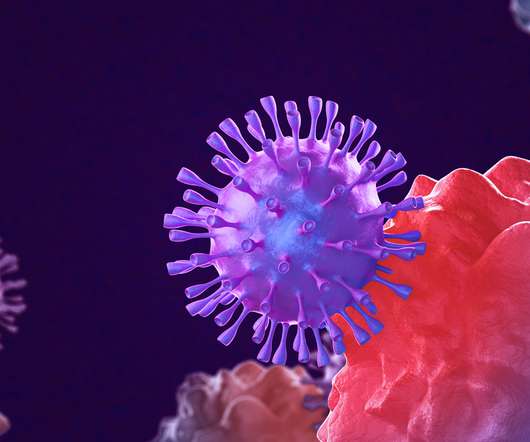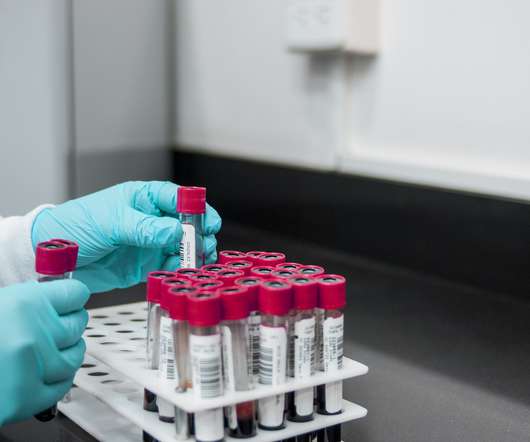8 Frequently Asked Questions About Genetic Testing in Clinical Trials
Worldwide Clinical Trials
DECEMBER 12, 2022
Genetic testing provides patients with a diagnosis for their illness, helps patients and family members to understand risks of developing new diseases, and can be used to support clinical trial advancement. What are the benefits and limitations to using genetic testing? It is important to consider the type of testing performed (e.g.,
















Let's personalize your content